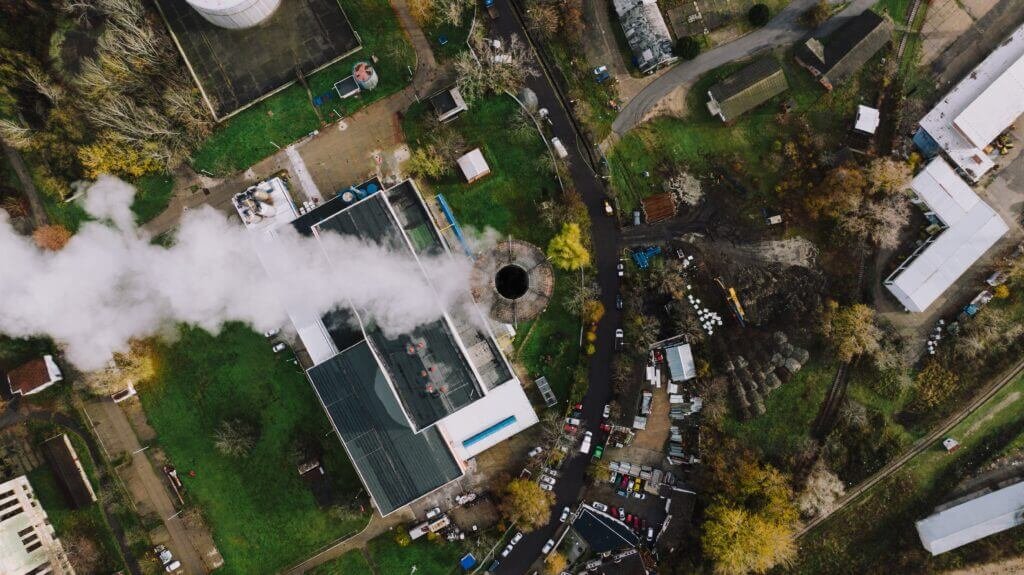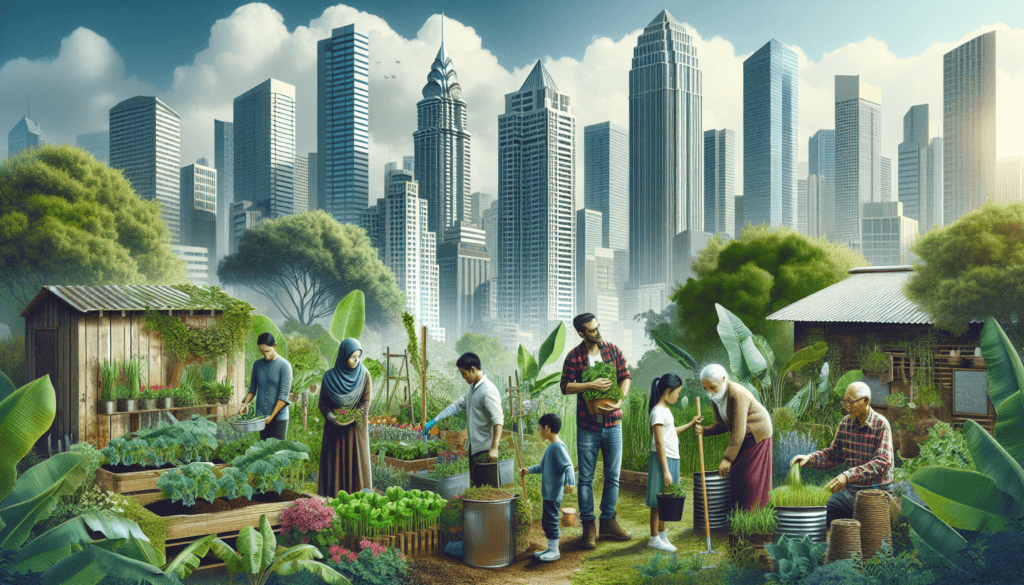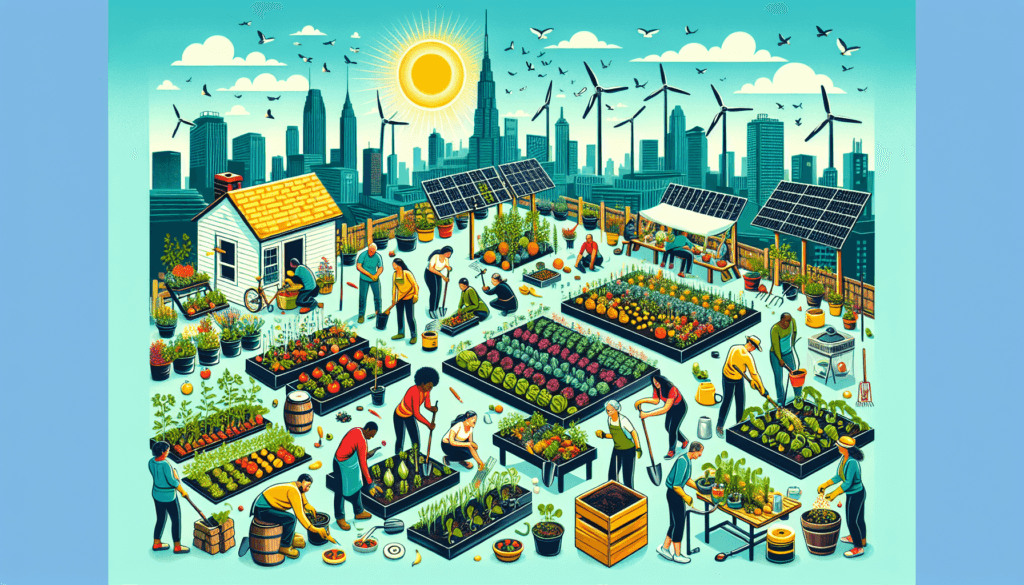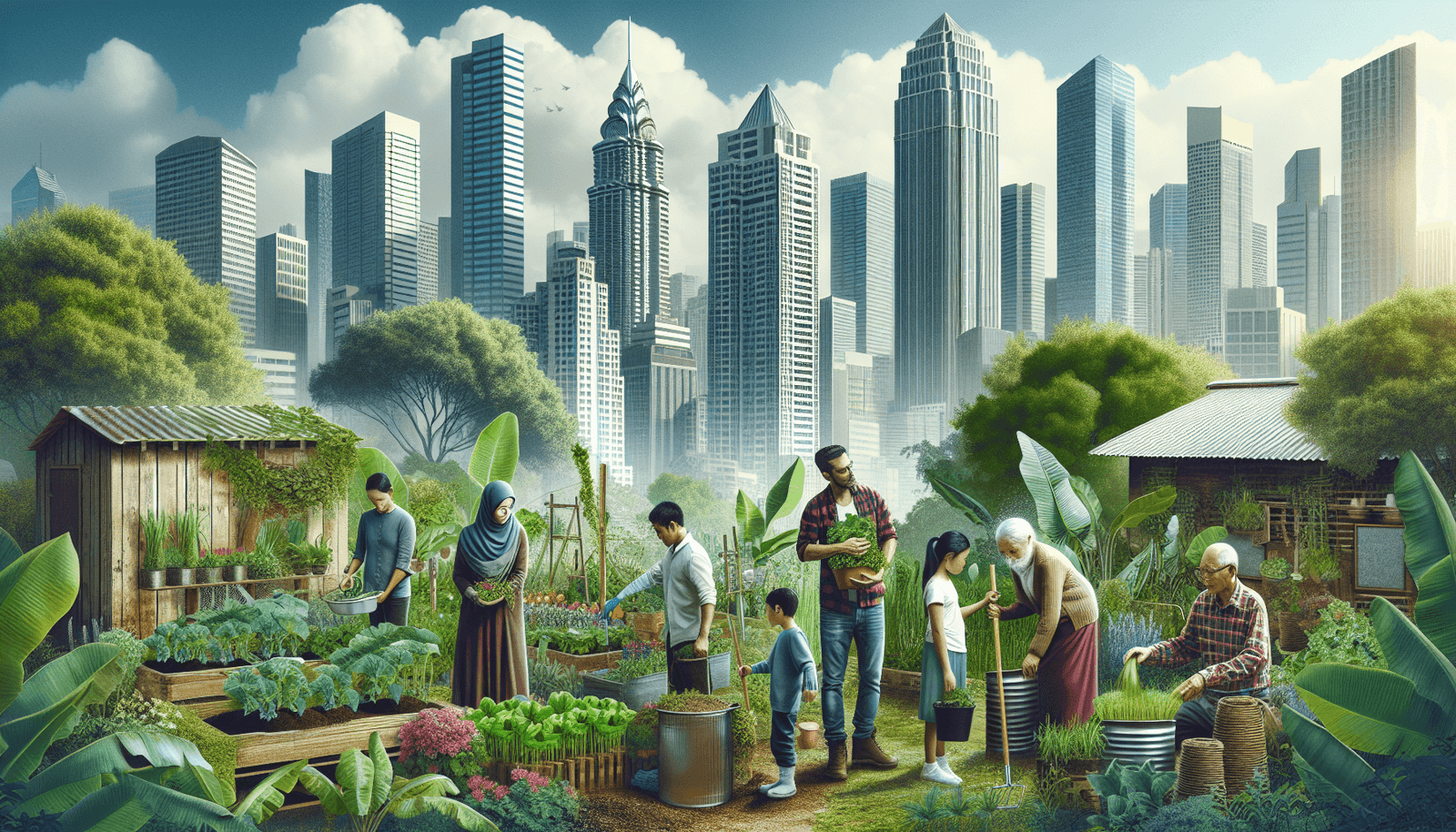Urban gardening, sometimes referred to as city farming, is a practice that involves growing plants and crops in urban areas. It is gaining popularity across the globe as people recognize the countless benefits it brings. From improving air quality to enhancing mental well-being, urban gardening offers a sustainable and accessible way to reconnect with nature in the midst of bustling cities. This article explores the various advantages of urban gardening and why it has become a sought-after activity for many urban dwellers.

Improves Food Security
Urban gardening plays a crucial role in improving food security. By providing fresh and nutritious food, it ensures that individuals and communities have access to healthy options. With food insecurity being a pressing issue in many urban areas, urban gardens offer a solution by increasing the availability of locally grown produce. This reduces the reliance on imported food, which can be expensive and less fresh. By growing your own food in urban gardens, you can have control over the quality and sustainability of your food sources.
Promotes Sustainable Living
One of the key benefits of urban gardening is its contribution to sustainable living. By growing food locally, urban gardens reduce the need for food to travel long distances, thus minimizing food miles and reducing carbon emissions. This not only helps combat climate change but also reduces the overall carbon footprint associated with food production. Additionally, urban gardening promotes the efficient utilization of urban spaces, as unused areas can be transformed into productive gardens, creating a more sustainable model for urban living.
Enhances Physical and Mental Health
Engaging in urban gardening provides numerous physical and mental health benefits. It encourages physical activity, as gardening involves tasks such as planting, weeding, and harvesting, which can help improve cardiovascular health and muscles strength. Furthermore, spending time in nature and working with plants has been shown to reduce stress and anxiety, promoting overall mental well-being. Urban gardening also allows individuals to reconnect with nature, fostering a sense of calm and tranquility amidst the urban hustle and bustle.
Fosters Community Engagement
Urban gardens serve as gathering places that foster community engagement. They strengthen social connections by bringing people together with a shared interest in gardening and food. Whether it’s through working together in community gardens, organizing workshops, or participating in seed swaps, urban gardening provides opportunities for learning and skill sharing. It creates shared neighborhood spaces where individuals can collaborate, exchange ideas, and build meaningful relationships with their neighbors.

Improves Air Quality
Urban gardens contribute to improving air quality in urban areas. The plants in these gardens act as natural filters, removing dust and pollutants from the air. By incorporating green spaces into the urban landscape, urban gardening helps decrease the urban heat island effect, which refers to the phenomenon of urban areas being significantly warmer than their surrounding rural areas. Additionally, plants release oxygen through photosynthesis, enriching the air and contributing to better air quality for residents.
Mitigates Climate Change Impact
Urban gardening has a positive impact on mitigating climate change. By enhancing urban biodiversity, these gardens provide habitats for various species, supporting ecological balance in urban environments. Moreover, plants in urban gardens help capture and store carbon dioxide, a greenhouse gas responsible for climate change. By reducing energy consumption, urban gardening also contributes to lowering carbon emissions associated with industrial agriculture and transportation of food, further mitigating the negative effects of climate change.

Supports Pollinator and Wildlife Habitats
Urban gardening plays a crucial role in supporting pollinator and wildlife habitats. By providing food and shelter, these gardens attract and sustain diverse species of pollinators such as bees and butterflies. These pollinators play a vital role in the reproduction of plants, ensuring the availability of fruits and vegetables. Additionally, urban gardens create corridors for wildlife movement, allowing animals to navigate urban areas and maintain their natural habitats. By preserving native plant species, urban gardening contributes to the overall biodiversity of urban ecosystems.
Education and Skill Development
Engaging in urban gardening offers valuable opportunities for education and skill development. It teaches sustainable agriculture techniques, providing individuals with knowledge on organic gardening, composting, and water conservation. This promotes environmental awareness and empowers individuals to make sustainable choices in their daily lives. Furthermore, urban gardening encourages the development of life skills and entrepreneurship, as individuals can learn about marketing their products, managing a business, and engaging with the local community.

Economic Benefits
Urban gardening brings economic benefits to individuals and communities. By growing your own food, you can save money on food expenses, reducing your reliance on store-bought produce. Additionally, urban gardening creates job opportunities, especially in community gardens or urban farming initiatives. These projects require labor for maintenance, harvesting, and distribution, thus contributing to the local economy. Furthermore, urban gardening can boost the local economy by attracting visitors to farmers’ markets and other urban gardening events.
Improves Urban Aesthetics
Urban gardening has a transformative effect on the aesthetics of urban areas. By converting unused spaces into gardens, it revitalizes and beautifies the urban landscape. These green spaces add a touch of nature and beauty, breaking the monotony of concrete structures and reducing the overall sense of urban blight. Urban gardening creates a more appealing environment for residents, fostering a sense of pride and belonging within the community. The presence of thriving gardens can also inspire others to participate in gardening initiatives, further enhancing the urban aesthetics.



